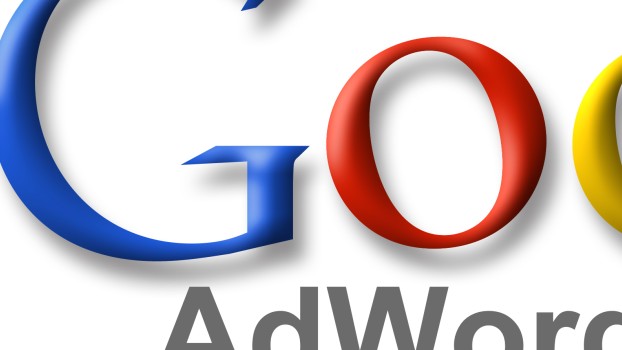5 tips to save money on your PPC campaign

1. Set Your Goals BEFORE You Start Marketing
No matter what aspect of your business you're working on, your intentions and goals are the most important place to start. Without designing your businesses goals, you'll be walking into everything with a blindfold on. PPC is no different.If you don't have an intention clearly in mind before you start your campaign, then you're not going to be able to measure the effectiveness of your campaign, regardless of how many tools you have to "measure" everything. So before you get started, sit down and ask yourself some questions like:
What specifically do I wish to gain from this PPC campaign?
How will I know when I have achieved my goals or received the benefits I wanted from my PPC campaign?
What other marketing methods am I going to use to compliment my PPC campaign? And why?
2. Set Up Website Analytics Before You Start Your Campaign
Most of us don't think about getting analytics for our websites until we realise we are bringing in plenty of traffic, yet we still aren't seeing any meaningful sales conversions.This would be fine if the birth of your campaign wasn't one of the most important elements to the future of your online business success. Sure, you can get by without knowing what happened in the beginning, though it's much more effective if you do it right the first time.
That way you will get to see exactly what originally attracted people to your website, how they found you and what obvious mistakes you can turn into future opportunities. This information will help you craft the best PPC campaign you can have, because it will tell you exactly what is and is not working about your sales funnel.
3. Don't Go With Automatic Bidding
When it comes to PPC, most campaign management software will offer you the opportunity to use automatic bidding, which allows the software to place your ads anywhere for any price. This is an okay method for seasoned businesses to use, though if you're looking to save money on your PPC campaigns, then you won't want to use the automatic bidding option.Instead, use the option for a budget cap in your campaign, that will allow you to mark the maximum you want to spend per day on your campaign. Using this option will make the software more picky about where it places your ads, but that's not necessarily a bad thing, especially when you understand how to use the right keywords to control who sees your ads.
4. Let Go of Your Need to Be in the "1st Position"
The 1st position of any search engine, is considered the best piece of digital real estate a person can have. This thought isn't necessarily wrong, though being "1st" in the SEO world, doesn't always equate to a company, service or product being the "best".In fact, because search engines make it very apparent that advertisers paid to be in those top spots, those ads get ignored much more often than the links in the 4th, 5th or 6th positions on a search engine. So by giving up your need to be first, you can save yourself the thousands of dollars it will cost you to get there, and your links will appear more authentic and humble in comparison to those clearly paid for ads at the top of the page.
5. Make Sure Your Landing Page is Optimised for Conversions
Your landing page is essentially the bottom of your website sales funnel. It is the place where most visitors start their journey through your website, and it is the most vital element in converting those viewers into customers.This is why it's so important to make sure your landing page is optimised to send your viewers through a specific process. Once visitors reach your landing page, you don't want to just leave them to their own devices. Instead, you want to show them specific options for actions they can take, such as visiting your blog, watching a video, signing up for a newsletter, browsing your products or learning more about your services.
By optimising your landing page before you start your PPC campaign, you'll find you get a much great ROI, than if you had just allowed fate to roll the dice for you.














Comment(s)1